Oxford University Study Exposes That Vaccinated People Carry 251 Times the COVID-19 Virus Load Than Unvaccinated
Some discussion among medical professionals and researchers is starting to surface showing that it is actually vaccinated people who are the ‘superspreaders.’ From the Defender:
A groundbreaking preprint paper (PDF) by the prestigious Oxford University Clinical Research Group, published Aug. 10 in The Lancet, includes alarming findings devastating to the COVID vaccine rollout.
The study found vaccinated individuals carry 251 times the load of COVID-19 viruses in their nostrils compared to the unvaccinated.
While moderating the symptoms of infection, the jab allows vaccinated individuals to carry unusually high viral loads without becoming ill at first, potentially transforming them into presymptomatic superspreaders.
This phenomenon may be the source of the shocking post-vaccination surges in heavily vaccinated populations globally.
The paper’s authors, Chau et al, demonstrated widespread vaccine failure and transmission under tightly controlled circumstances in a hospital lockdown in Ho Chi Minh City, Viet Nam.
This risk with vaccines is not unprecedented. A dengue vaccine was developed and given to 1 million children in the Philippines in 2016. Children who were vaccinated and later exposed to the disease experienced a more severe illness (including death) than those unvaccinated. This is why vaccines are normally only given to children over 9 years old AFTER they have contracted dengue. However, with Covid-19 the push for the vaccines is strongly being driven toward the very young. This increase in the severity of the disease is caused by a condition called Antibody-dependent enhancement (ADE), with which Covid-19 has not been researched or tested.
From Daily Veracity:
The current COVID-19 vaccines were developed to protect against the original strain of SARS-CoV-2 that became the dominant strain worldwide. As other variants spread, scientists have raised questions about whether ineffective vaccines can lead to ADE.
Antibody-dependent enhancement (ADE), is a phenomenon in which the binding of a virus to suboptimal antibodies induced by ‘leaky vaccines,’ enhances its entry into host cells, followed by replication.
This is bad because it would mean a vaccine can make people more at risk for severe disease.
So far, there have been no studies linking the COVID-19 vaccines to ADE, but the concerns about ADE with COVID-19 vaccines have resurfaced with the emergence of new virus variants.
However, one study from earlier this year suggests this could potentially be an issue with the current vaccines.
“Current SARS-CoV-2 vaccines appear to be providing protection with high antibody titers; the possibility of ADE risks associated with waning titers of antibodies over time remains unknown.”
Another study, Jaume et al., points out the potential pitfalls associated with immunizations against SARS-CoV-1. The study predicts that new attempts to create either SARS-CoV-1 vaccines, MERS-CoV vaccines, or SARS-CoV-2 vaccines have potentially higher risks for inducing ADE in humans facilitated by antibody infection of immune cells.
Similar ADA conditions have been found in other vaccines over the years.
For example, the RSV virus in 1967. The American Society of Microbiology described the history of this as:
In 1967, infants and toddlers immunized with a formalin-inactivated vaccine against respiratory syncytial virus (RSV) experienced an enhanced form of RSV disease characterized by high fever, bronchopneumonia, and wheezing when they became infected with wild-type virus in the community. Hospitalizations were frequent, and two immunized toddlers died upon infection with wild-type RSV. The enhanced disease was initially characterized as a “peribronchiolar monocytic infiltration with some excess in eosinophils.” Decades of research defined enhanced RSV disease (ERD) as the result of immunization with antigens not processed in the cytoplasm, resulting in a nonprotective antibody response and CD4T helper priming in the absence of cytotoxic T lymphocytes.
Also in the 1960’s a similar reaction to the measles vaccine resulted in more severe illnesses to the point that the measles vaccine at that time was withdrawn. Andrew Read, an infectious disease expert from Pennsylvania State University, stated “Vaccination alone won’t stop the rise of variants and in fact could push the evolution of strains that evade their protection, researchers warned. ”
French Nobel Prize Winner Luc Montagnier stated in May that epidemiologists know but are “silent” about the phenomenon, known as “Antibody-Dependent Enhancement” (ADE).
Prof. Montagnier explained that the trend is happening in “each country” where “the curve of vaccination is followed by the curve of deaths.”

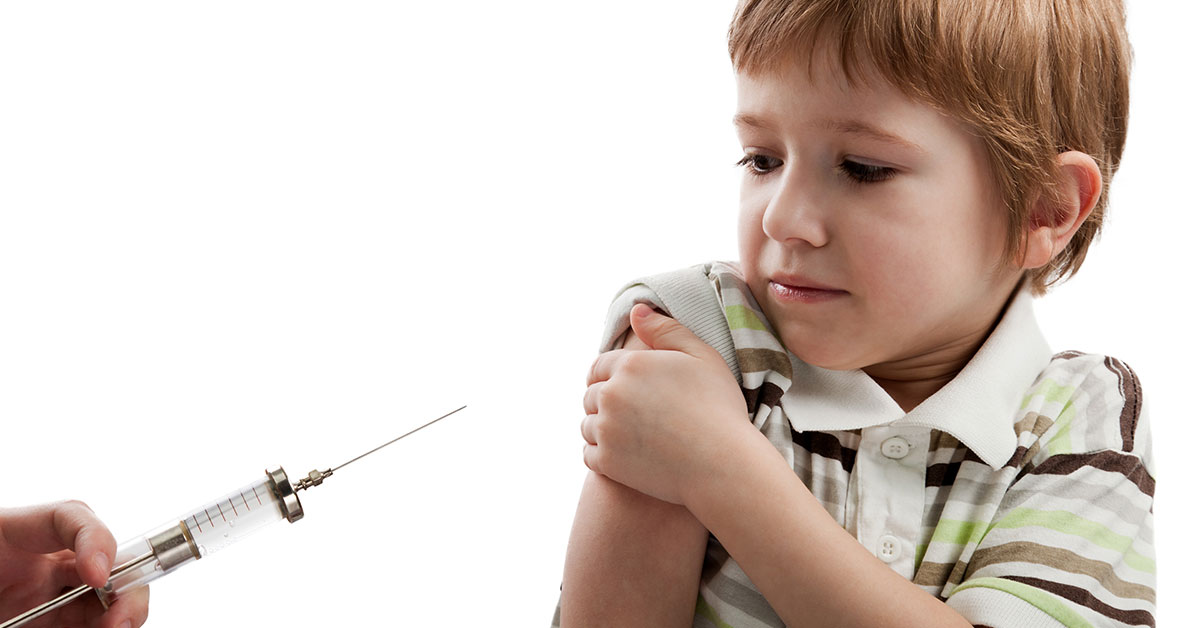


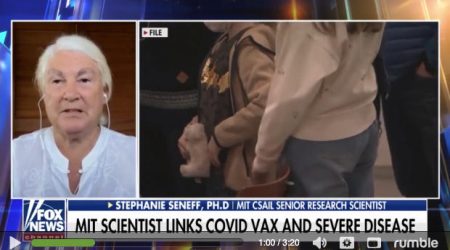

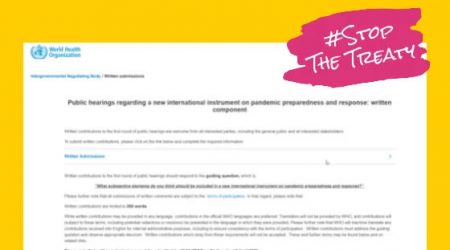

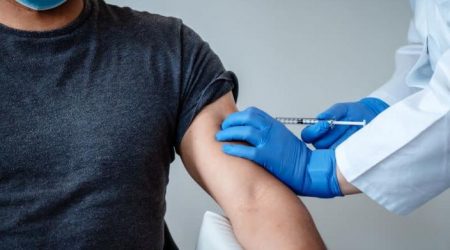

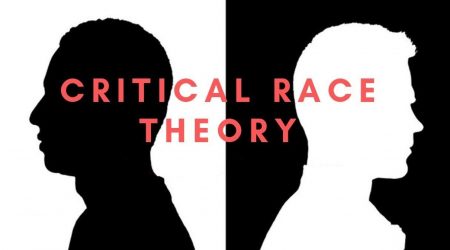

Leave a Reply